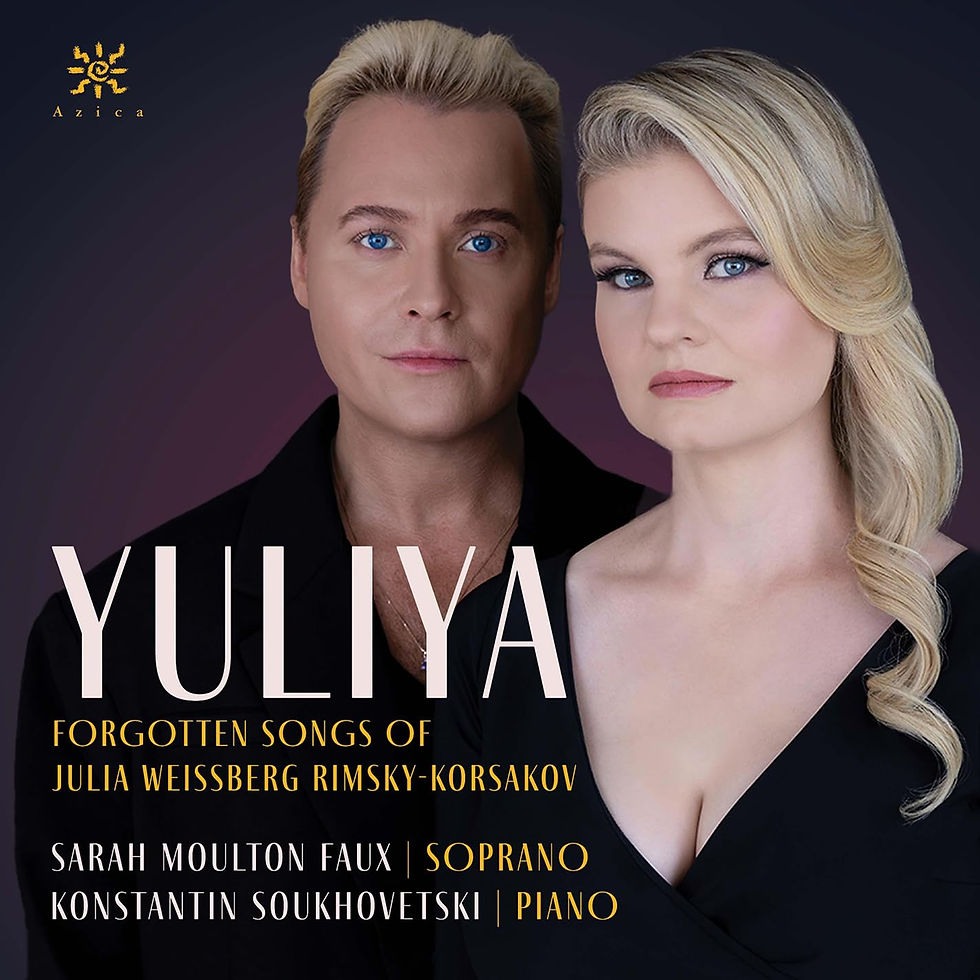Pianist Adam Golka – given great responsibility to upkeep pianistic tradition
- Mar 27, 2015
- 3 min read
Updated: Jun 11, 2020

On Monday March 16, Golka was heard at Subculture with a program of Brahms’ Sonata in C major, Op.1 and Beethoven’s Sonata in B-flat minor, Op. 106, the so called “Hammerklavier.” Golka followed with an encore of one of Brahms’ most heart wrenching Intermezzi, from Op. 117, leaving the audience as drained as they were satisfied.
The young artist has definitely taken a serious listen to Schiff’s own pianistic interpretations, not in an imitative manner of style, but rather in a heartfelt way derived from his own musical conviction, and developed with great artistic advice by such pedagogues as Leon Fleisher and Richard Goode; and the list continues. The relationship between Golka’s playing and Schiff’s is especially evident in Golka’s broad range of dynamics and subtle choice of tempi.
The two pianists first met when Schiff heard Golka at a master class with Leon Fleisher that he attended as a guest. They met over a few instances, and then reconnected when Roman Rabinovich, Golka’s close friend, performed at Schiff’s own master class at Carnegie Hall, during his 2011/12 “Perspectives” season.
An invitation to play for Schiff in Gstaad followed, beginning a period of time that Golka describes as “magical days.” This engagement was followed by a seminar at the IMS Prussia Cove festival in England, which opened further opportunities to work together.
“He always lets us play what we would like to play, but offers advice – and of course, very highly appreciated his personal endorsement.”
When asked what this means concretely and ideally, Golka says: “Schiff has been an inspiration my whole life and it certainly is some sort of validation to be invited by such a [high-caliber] artist. It stimulates me to aim to attain such a high level of artistry for myself, and it of course helps stir the course of a career, which is always unsure. Often you try to push for things to happen, get connections….and then nothing happens. I have to remind myself to not try too hard, since sometimes the best things really happen when you just concentrate on the essential – being better at the piano. Now, it’s a little surreal to have his name attached to some of my performances, and while it’s a great honor, it also puts a great responsibility upon me not to disappoint.”

Photo: Ilona Oltuski – Backstage: András Schiff and Adam Golka at Schiff’s recital at Carnegie Hall, March 2015.
Golka describes what makes this master’s presence and input so special: “In lessons I find he really gets into the spirit of the composer, the idiom of the music…the way he teaches Bach or Schubert is so different and unique. You get the sense he has some insight information about the language of the music and he shares that in a very visceral way. And even though he is an incredibly intellectual man, his teaching is very natural, not at all cerebral. “And then of course there is his phenomenal interpretative playing ….He quotes from Schubert songs, and shows me: ‘more like this…’ at the piano. He uses just the right metaphors for his demonstrations; the moment I hear them mentioned I will never play the same way: it’s that definitive, and it makes such a huge difference in approach. With every fiber of his being, he breathes the music, and it goes even into the concert preparations, getting into the mood of the music; it’s all about a state of being that you have to attain to get into the music – it’s quite spiritual.”

Until now, the most pivotal figure in the world of music for Golka had been his late teacher, the great pianist and 1985 Van Cliburn Gold medalist Joseph (José) Feghali, with whom he remained close friends even after their studies had ended. “He was a giant and multi-talent, who invented a sleuth of technology, besides being one of the great performers. Most of all he was a great friend and has changed my life.”
Feghali, who had suffered from depression, committed suicide this past December. His memory will always stay with the sensitive young Polish-American pianist, who, as Golka felt, had been like a third parent to him. And while such encounters will never be replaced it seems like faith, bringing yet another great source of inspiration into the young Polish-American artist’s life: András Schiff. Read more about Adam Golka here.



Comments